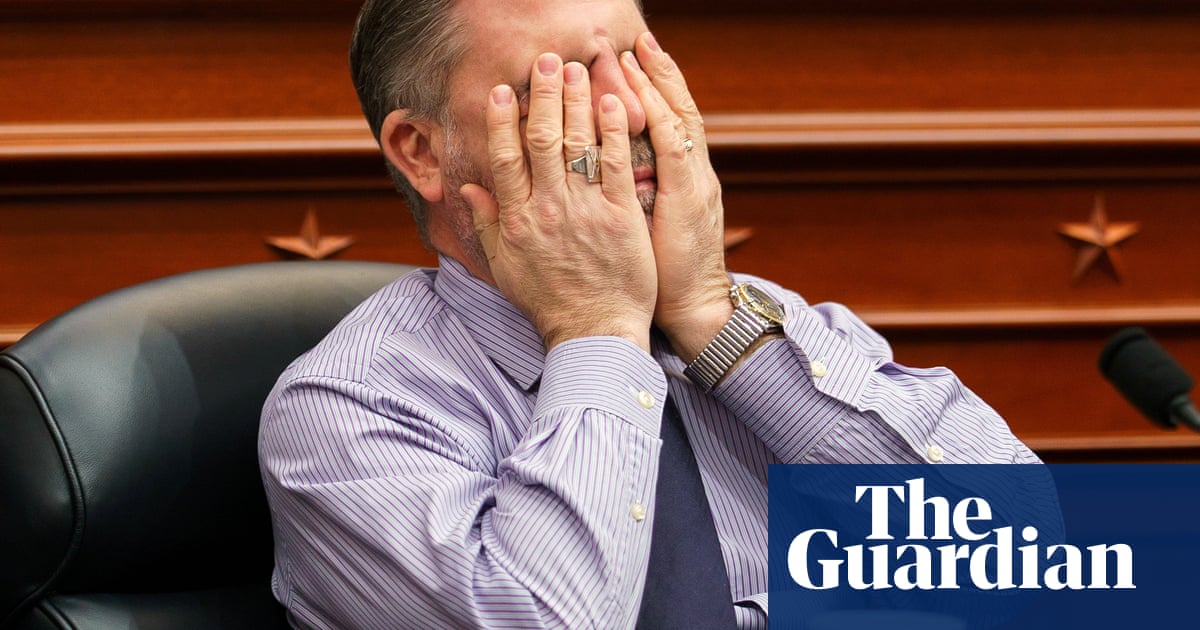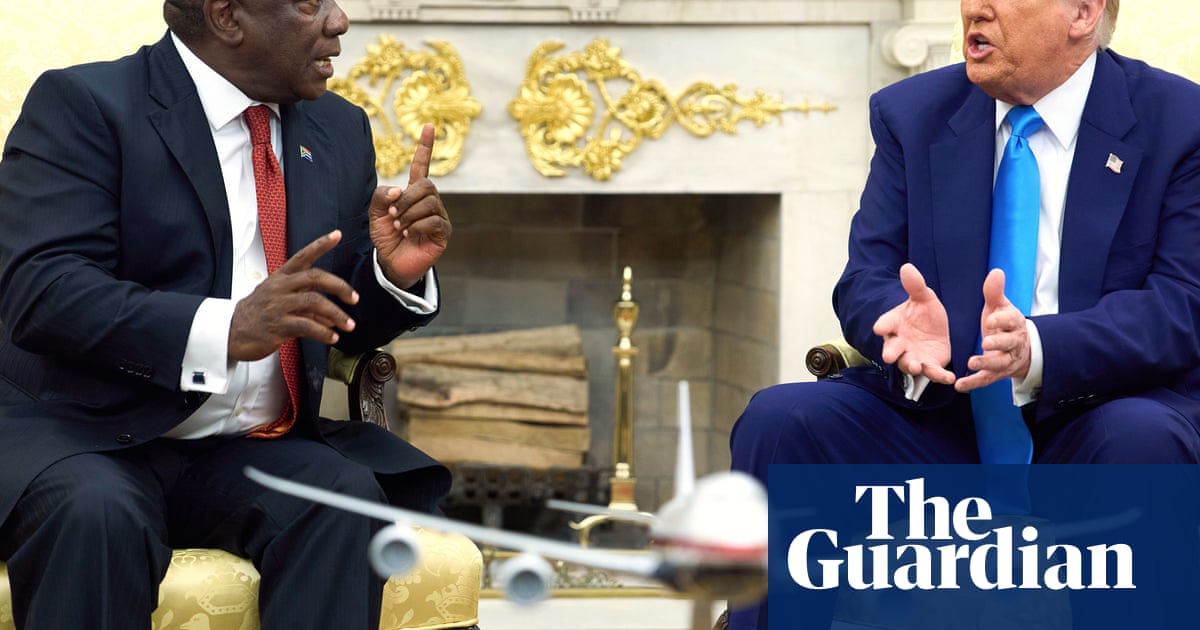By Daniel Trotta and Julia Harte
(Reuters) -Police reform advocates pledged to intensify their efforts at the local level after the U.S. Justice Department said it would withdraw lawsuits against police departments where officers have killed unarmed Black people.
The administration of President Donald Trump on Wednesday announced it would dismiss lawsuits against police departments in Minneapolis, Minnesota, and Louisville, Kentucky, cities where the killings of George Floyd and Breonna Taylor in 2020 led to worldwide protests.
Sunday is the fifth anniversary of the murder of Floyd by an officer who knelt on his neck for nine minutes. Taylor was shot dead in her home by officers executing a search warrant that was granted based on a falsified affidavit.
The administration of former President Joe Biden sued the departments in Minneapolis and Louisville and opened investigations of others in Arizona, New Jersey, Tennessee, New York, Oklahoma and Louisiana - probes that were shut down by Trump.
At least one expert said failure to fill the oversight void left by the federal government could unleash more dangerous behavior by police.
But Trump's Justice Department called Biden's actions a "failed experiment" that stripped control from local officials and handed it to unelected bureaucrats. It expressed confidence the vast majority of police would protect constitutional rights and said it would step in on the rare instance when police break the law.
Jorden Giger, a co-founder of the Black Lives Matter chapter in South Bend, Indiana, said the Trump withdrawal of what are known as consent decrees aimed at correcting local police abuses would inspire activists to increase scrutiny and pressure the South Bend city council to redirect police funding to investments in housing and mental health services.
The Biden administration had sued South Bend, alleging its police hiring discriminated against Black applicants. The Trump Justice Department dropped that suit in February.
"We don't need just tweaks to a system designed to oppress us. We need to fundamentally reimagine what public safety looks like," Giger said. "That's why we've been calling for the redirection of resources away from policing and toward community-led initiatives that actually keep us safe."
Minnesota-based activists said they would pressure the Minneapolis city council to enact many of the reforms that would have been imposed by the consent decree, such as a ban on police chokeholds and neck restraints.
"Our hope is to see an ordinance that matches with the things that were inside the consent decree, maybe not line for line but something that gets us 90 to 95% of the way there," said Rod Adams, executive director of the New Justice Project.
The mayors of Louisville and Minneapolis have pledged to continue to implement reforms.
Former Minneapolis police officer Derek Chauvin was sentenced to 22-1/2 years in prison after being convicted of murdering Floyd in a state trial. In Kentucky, the attorney general did not recommend charges for the three officers who fired their weapons in Taylor's killing and the grand jury did not indict them.
The federal government plays an important role in enforcing consent decrees, said Jonathan Smith, who helped negotiate 25 such agreements with U.S. police departments while leading special litigation in the Justice Department's Civil Rights Division under President Barack Obama.
Federal involvement is "helpful with getting money necessary to actually do the reforms and it's helpful with keeping the community patient as the reforms move forward because you don't see the change overnight," Smith said.
Bree Spencer, director of the justice program at the Leadership Conference on Civil and Human Rights, feared more abuse.
"If you dismantle police accountability and signal over and over that you want aggressive policing that's going to have no kind of oversight, that directly and negatively impacts people's lives on the ground," Spencer said.
(Reporting by Daniel Trotta in Carlsbad, California, and Julia Hart in New York; Editing by Donna Bryson and Saad Sayeed)

 German (DE)
German (DE)  English (US)
English (US)  Spanish (ES)
Spanish (ES)  French (FR)
French (FR)  Hindi (IN)
Hindi (IN)  Italian (IT)
Italian (IT)  Russian (RU)
Russian (RU) 























Comments